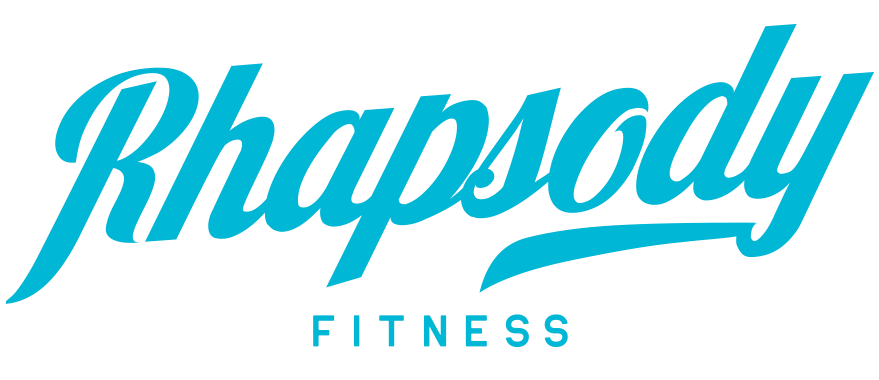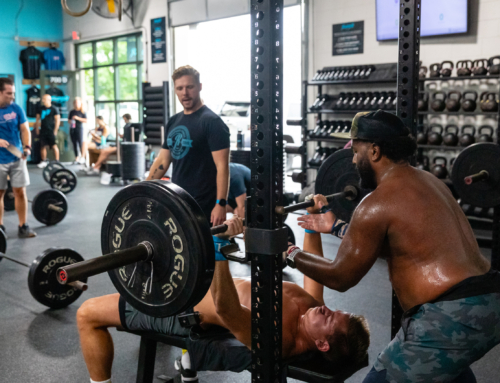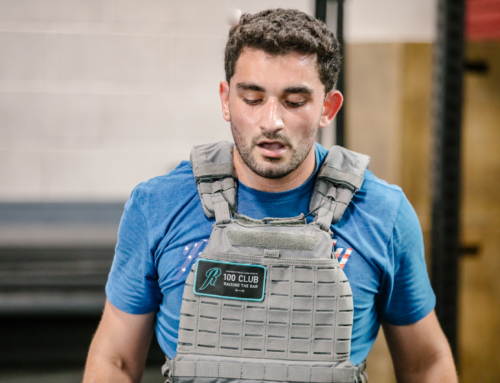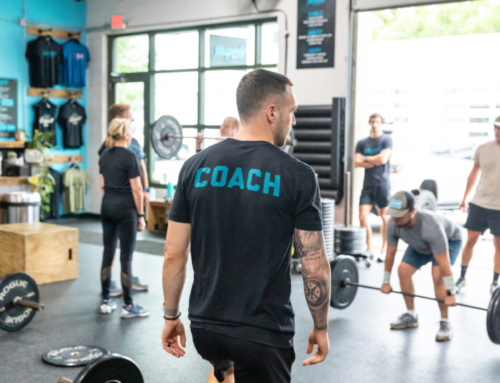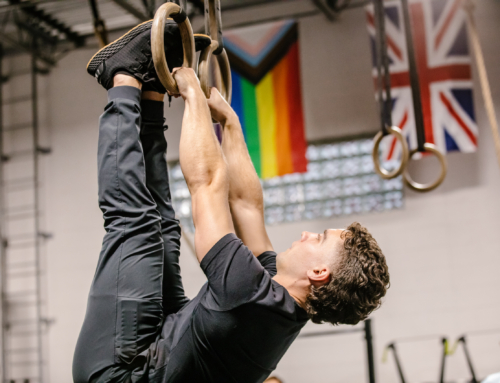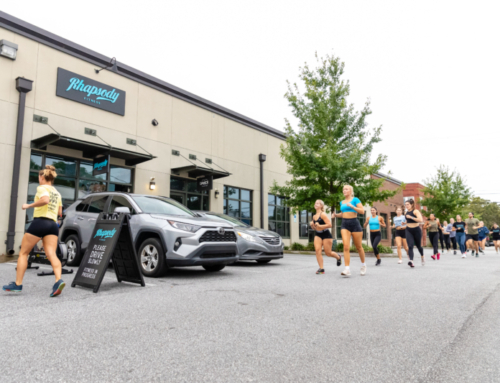If you’re new to CrossFit, you may wonder how to fuel your body for optimal performance. While hard work and dedication are key to success in CrossFit, nutrition and meal planning are equally vital. Eating the right foods at the right time can help you perform better, recover faster, and reach your fitness goals. In this post, we’ll share practical nutrition and meal planning tips specifically tailored to CrossFit athletes. Whether you want to improve your performance, lose weight, or gain muscle, these tips will help you get the most out of your CrossFit workouts.
Understanding Your Macronutrient Needs
Macronutrients are the building blocks of a healthy diet and provide the energy your body needs to function properly, especially during high-intensity CrossFit workouts. There are three main macronutrients: carbohydrates, protein, and fat. Carbohydrates are the primary fuel source for high-intensity workouts, while protein helps repair and build muscle tissue, and fat provides long-lasting energy.
To optimize your nutrition for CrossFit, it’s important to understand your macronutrient needs. While everyone’s needs differ, a general guideline for the average person is to consume 45-65% of their daily calories from carbohydrates, 10-35% from protein, and 20-35% from fat. For example, if you consume 2,000 calories per day, that will mean consuming about 225-325 grams of carbohydrates, 50-175 grams of protein, and 44-77 grams of fat per day. However, keep in mind that these are general guidelines, and your specific needs may vary depending on your age, gender, body composition, and activity level.
To make sure you’re getting the right balance of macronutrients, it can be helpful to track your food intake using an app or journal. This will allow you to see how much of each macronutrient you’re consuming and adjust your diet accordingly.
Plan Your Meals Around Your Workouts
Planning your meals around your workouts is essential for maximizing your performance during CrossFit. Eating the right foods before and after your workout can help you feel energized, improve your endurance, and aid in muscle recovery. When it comes to pre- and post-workout nutrition, timing is everything. The ideal time to eat before a workout is about 30 minutes to an hour beforehand, while the best time to eat after a workout is within 30 minutes to an hour afterward.
For pre-workout nutrition, aim for a meal high in carbohydrates, moderate in protein, and low in fat. This will give you the energy you need to power through your workout. Good options include a banana with peanut butter, Greek yogurt with fruit, or a smoothie with protein powder and spinach. After your workout, it’s important to refuel your body with protein and carbohydrates to aid in muscle recovery.
Make Healthy Food Choices a Habit
When fueling your body for CrossFit, make healthy food choices. A balanced diet with lean protein, whole grains, fruits and vegetables, and healthy fats is essential for optimizing your performance and recovery.
Lean protein sources such as chicken, turkey, fish, and plant-based options like beans and tofu are essential for muscle recovery and growth. Whole grains like brown rice, quinoa, and oats provide sustained energy for your workouts, while fruits and vegetables offer vitamins, minerals, and antioxidants that support overall health. Healthy fats such as avocado, nuts, and olive oil provide energy and help your body absorb fat-soluble vitamins and minerals
Meal Prep & Planning
Meal planning and prepping can be a game-changer for getting on track with nutrition. By taking the time to plan, you can ensure that you have healthy meals on hand when you need them, reduce the likelihood of making unhealthy food choices, and save time and money in the process.
To start meal planning, consider what meals you want to prepare for the upcoming week. Consider your schedule and plan meals accordingly. For example, if you have a busy day ahead, you may want to prepare a slow-cooker meal in advance. Write down a list of ingredients and go grocery shopping. By having all the necessary ingredients on hand, you’ll cook meals quickly and easily throughout the week.
When it comes to meal prepping, there are a variety of strategies you can use. Some people prefer to prep meals in advance and store them in containers for the week ahead. Others like to prep ingredients, such as cutting up vegetables or cooking a batch of quinoa so that they’re ready to use when needed. Find a strategy that works best for you and your lifestyle. With a little effort and planning, meal prepping can help you stay on track with your nutrition goals.
What About Supplements?
Supplements are not required for CrossFit athletes to achieve their fitness goals, but they can be beneficial for those looking to optimize their nutritional intake. Before considering supplements, first establish a solid foundation of healthy eating habits and ensure that macronutrient and micronutrient needs are being met through whole foods.
That said, some supplements may promote performance and recovery. Protein powder is a common supplement used by CrossFit athletes to help meet their daily protein needs and aid in muscle recovery. Creatine is another supplement that may be beneficial for increasing strength and power output during high-intensity workouts.
Other supplements that may be useful include omega-3 fatty acids, which can help reduce inflammation and improve joint health, and caffeine, which can increase energy and mental focus during workouts. However, remember that supplements are not a substitute for a well-rounded diet.
Fuel Your CrossFit Success with Proper Nutrition and Meal Planning
Proper nutrition and meal planning are essential components of a successful CrossFit journey. By understanding your macronutrient needs, planning your meals around your workouts, making healthy food choices, and prepping your meals, you can fuel your body with the necessary nutrients to perform at your best. While supplements may provide additional benefits, they should not replace a healthy diet and should be used judiciously.
By acting and implementing these tips into your daily routine, you can optimize your nutrition and get the most out of your CrossFit workouts. Remember, nutrition is not a one-size-fits-all approach and listen to your body and adjust as needed. With dedication and consistency, you can achieve your health and fitness goals and enjoy all the benefits that come with a healthy lifestyle.
